UK’s cost-of-living crisis, high prices to cause thousands of premature deaths: Study
A new study has shown that Britain’s cost-of-living crisis that mainly results from the government’s economic policy is set to cause premature deaths among thousands of people this year.
The results of the research were published by the BMJ Public Health journal on Monday, as millions of Britons are facing levels of inflation not seen since the 1970s as a result of the war in Ukraine, Brexit and the government's economic policy.
The study showed that the cost-of-living crisis and sustained period of high prices will reduce life expectancy among the people across the country by 6.5 percent this year.
The predicted increase in premature deaths – from a baseline 463 per 100,000 people to 493 per 100,000 – equates to thousands of extra deaths a year in the UK, the study said.
It added that the most deprived households will experience four times the number of extra deaths than the wealthiest households, with the poorest having to spend a larger proportion of their income on energy, the cost of which has soared.
According to last month’s figures, the UK's inflation stood at 6.7 percent. Although it was down from a high of 11.1 percent, Britain's inflation still remains the highest among the member states of the Group of 7.
The researchers said, “The mortality impacts of inflation and real-terms income reduction are likely to be large and negative, with marked inequalities in how these are experienced.”
“Implemented public policy responses are not sufficient to protect health and prevent widening inequalities,” they added.
The new study came after the UK-based consumer association ‘Which’ warned last month that rising food prices had forced low-income households in the country to make “desperate choices” between keeping up their bills and putting food on the table.
The ‘Which’ research said the rising cost of essentials is disproportionally affecting low-income households.
UN General Assembly overwhelmingly adopts resolution urging end to Israel’s genocide in Gaza
IRGC Navy’s new drone to ‘surprise the world’: Commander
Iran expects major surge in Syria exports amid ongoing unrest
Ireland formally joins South Africa's genocide case against Israel at ICJ
Iran calls on UN Security Council to halt Israel’s aggression against Syria
World must mobilize to stop Israel from destroying Syria: Iran FM
VIDEO | Disputes over religious sites in India
VIDEO | Gaza solidarity on display in Tehran




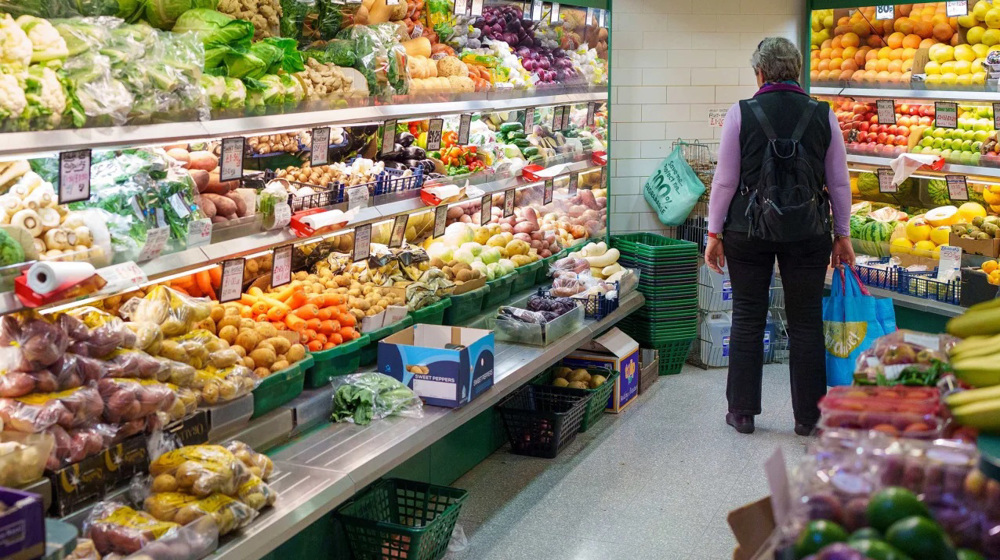

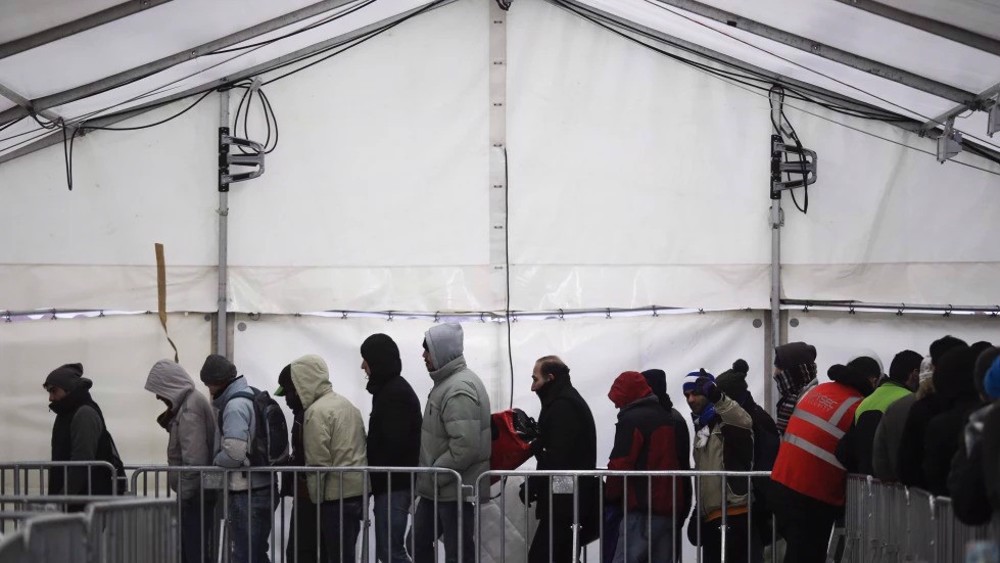
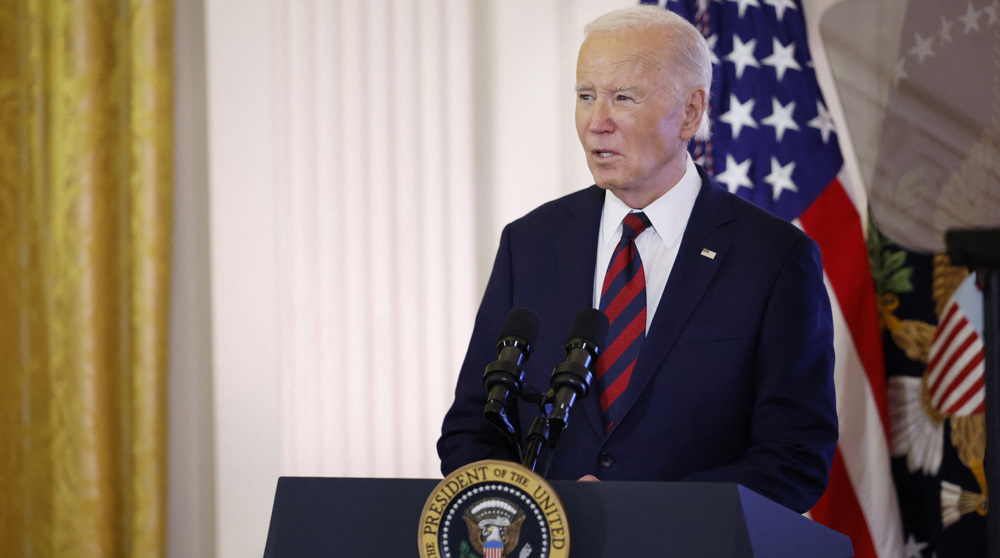




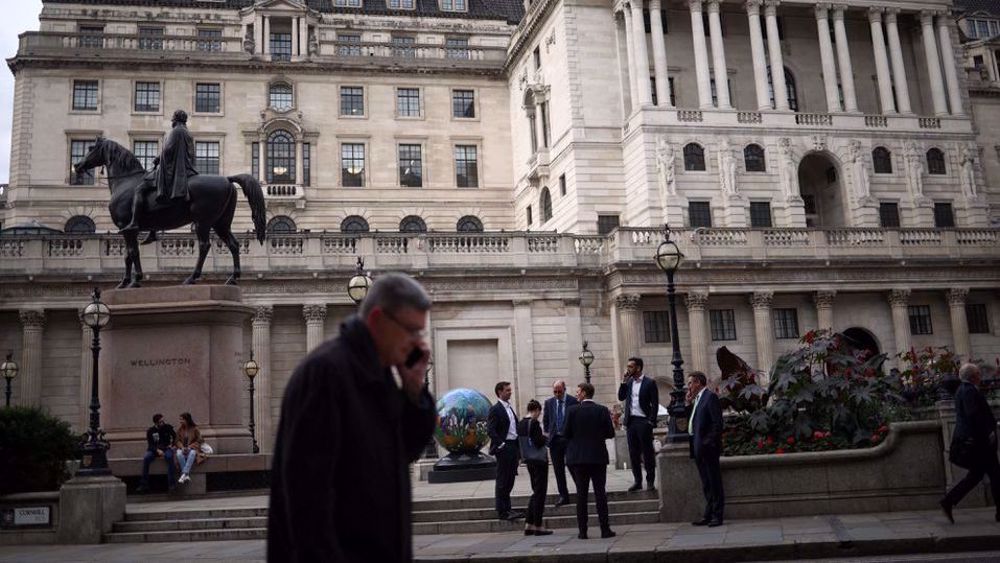
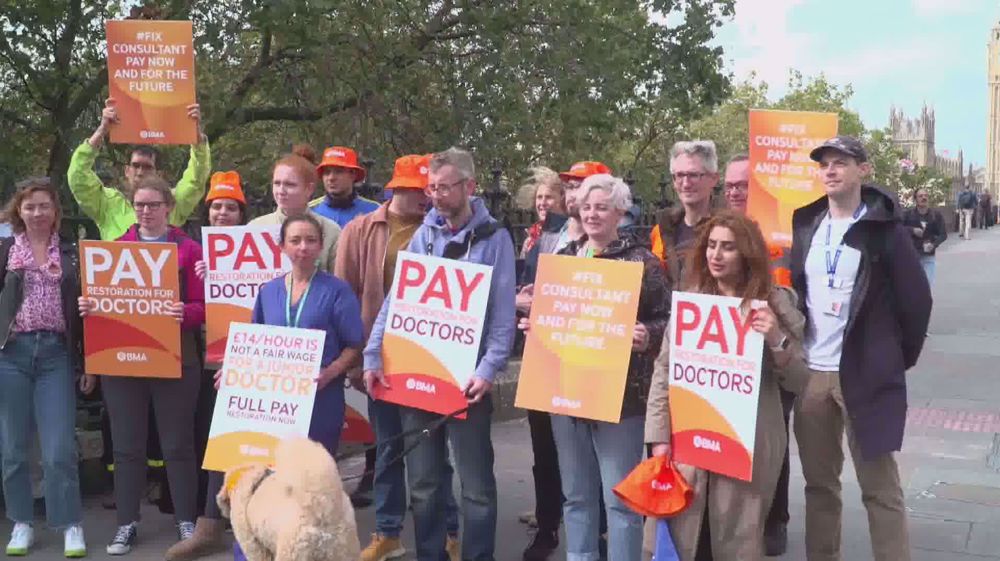

 This makes it easy to access the Press TV website
This makes it easy to access the Press TV website